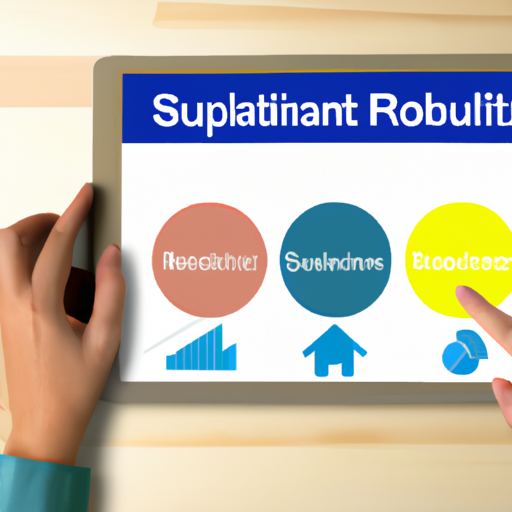In an era where climate change and environmental responsibility take center stage, sustainability tracking platforms have emerged as a crucial tool for businesses aiming to enhance their corporate sustainability efforts. These platforms not only streamline ESG reporting but also provide comprehensive insights into a company’s environmental impact, helping to meet regulatory requirements and consumer expectations.
What are Sustainability Tracking Platforms?
Sustainability tracking platforms are software solutions designed to help organizations measure, report, and improve their environmental sustainability performance. By collecting data on various sustainability efforts—such as energy use, waste management, and carbon emissions—these platforms enable businesses to track progress and align their operations with sustainability goals.
Benefits of Sustainability Tracking Platforms
- Enhanced Transparency: With the help of these platforms, businesses can provide stakeholders with transparent and accurate sustainability reports.
- Data-Driven Decisions: Organizations can leverage real-time data to make informed decisions that positively affect their sustainability efforts.
- Competitive Advantage: Companies utilizing sustainability tracking platforms can differentiate themselves from competitors by showcasing their commitment to environmental responsibility.
Why Businesses Should Consider These Platforms Now
As consumers become more environmentally conscious, businesses across various sectors are recognizing the need to prioritize sustainability. Sustainability tracking platforms offer an effective way to meet the demand for responsible practices while also preparing for future regulations.
In conclusion, the adoption of sustainability tracking solutions is quickly becoming a necessity rather than a luxury for businesses aiming to thrive in today’s eco-conscious marketplace. As more companies commit to long-term sustainability goals, the role of technology in facilitating these efforts will only continue to grow.
Explore the latest trends in sustainability tracking platforms and find out how your business can benefit from them today!
For more information on sustainability solutions and insights, stay tuned to our blog!





